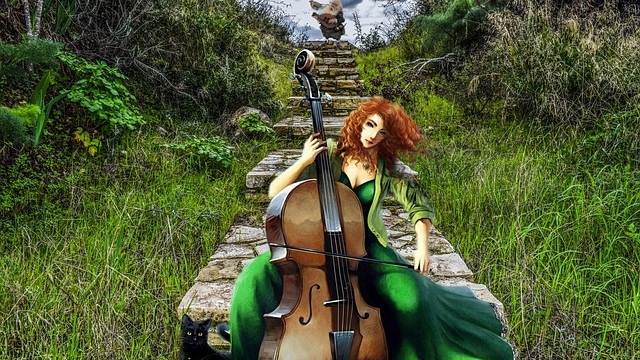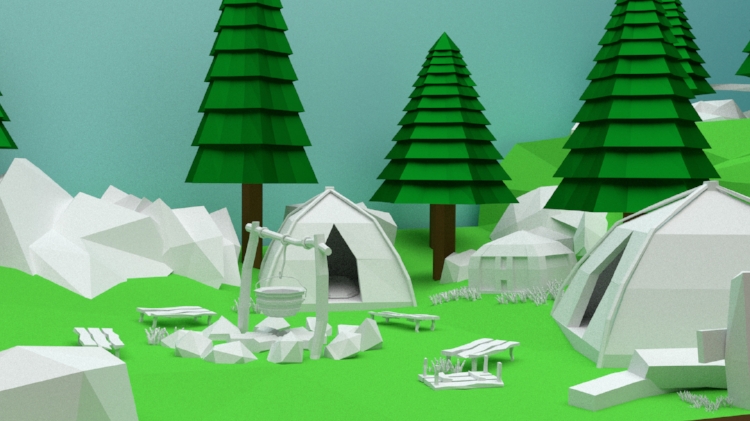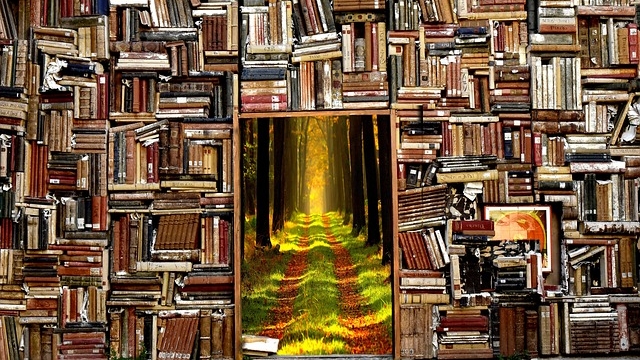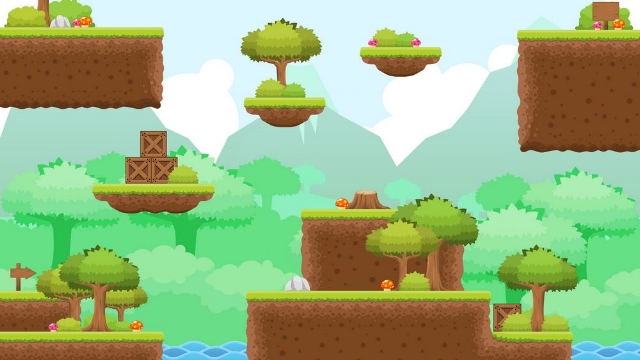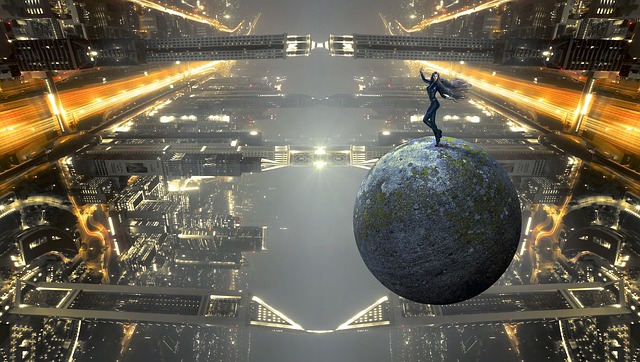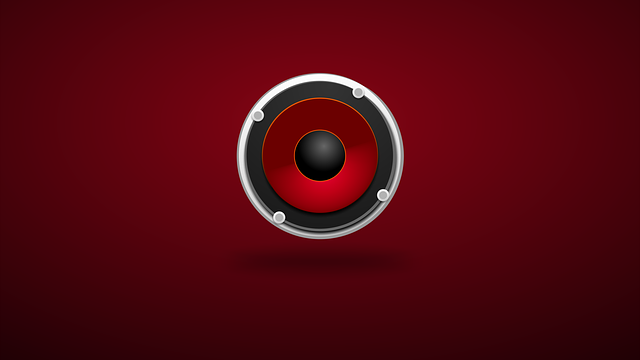Music is an important element to any game. As a game music composer (see more about me!), I really believe that it helps to enhance the overall experience, to bring it all together and to set the general tone of the game. Great music can help to make your game more memorable, more fun to play and can even to make it stand out.
However, it is not always easy or obvious where to find the right music for a game or which approach to take. If you’re wondering what your options are and which way to turn, perhaps this article will help. There are also many other useful tips, articles and resources on my blog so do take a minute to browse through those as well.
In the meantime, here are 4 of the main ways to source music for your game:
Stock music library
Asking friends or a student / amateur musician
Hiring a composer
Making it yourself
1. Stock Music Libraries
These are also sometimes referred to as royalty-free music libraries, production music libraries or simply stock music. For those on a really tight budget, stock music can be a good option as it offers a variety of music available to use on a royalty-free basis, at a very low price. Some music is completely free, sometimes it requires attribution, other times you’ll have to pay but usually a low fee between $5-75 per track. Here are some of my tracks available to license on a royalty free basis.
There are also music packs available from certain sites, which are often even cheaper. They offer many tracks that you can download in one go and which can essentially make up your entire soundtrack. However, there are downsides to bulk packs and stock music generally in that they won’t be customised to your game and so are unlikely to fit perfectly and creating consistency across a full soundtrack can be tough to do.
It can also be quite a time consuming process to go through lots of tracks to narrow down and find something suitable for your specific needs. See the article: Pros & Cons of Using Royalty Free Music in Games to explore this a bit more.
2. Asking friends or a student / amateur musician
Do you have a friend who could help with the music? Is there a student or wannabe composer who might jump at the chance to get involved with your game? If so, this could be an avenue for you to explore further.
Friends are often happy to lend a hand, especially if it’s your first game and there are many student musicians and hobbyist composers out there who may get excited when they learn about what you’re developing. The downside with this option is usually to do with time, quality and reliability/accountability.
If you’re relying on someone to help you out for free, it’s difficult to hold them accountable to you and to make sure that they deliver what you need, when you need it. This can be absolutely fine if you too are a hobbyist and/or are just trying things out for fun, however, if you’re serious about getting your game to market then you may want more ‘serious’ folk in your team.
For composers/musicians starting out, their experience may be lacking and so you may find that the quality of music and the ease with which you can communicate and work with them is challenging. You’ll need to be patient and to be willing to spend time guiding them. You may need to spend time going back and forth quite a bit until each track starts to sound like something you’d like to use.
3. Hiring a composer
This is probably the most ‘professional’ route you could take and so if you want high quality music, which is customised and created specifically for your game, this is the best option for you. It does, however, come at a price, and so you will need to be willing to invest in the music to your game. (See 5 Reasons to Invest in the Music to Your Game).
There are many different types of composers out there, with some specialising in certain styles/types of music and some specialising in certain fields – so not all composers will have experience creating game music for example (they may be a classical composer or a film composer), and so it’s important to learn as much as you can about them and their music and composing experience, before deciding who you want to work with.
This is why I make it easy for people to listen to examples of my game music and to see my credit list and testimonials so that you can hopefully get a sense of what I’m about: - what I’m like to work with, my experience and music. This is the type of things to check out when trying to decide who you might want to hire and work with.
Here are some tips if you want to explore this further: 5 Top Tips for Hiring a Game Music Composer for the First Time
4. Making music it yourself
If you are a musician and feel that you have all the skills needed to create great music for your game, then I’d definitely consider this as an option. The great thing about doing it yourself is that you will have full creative control. You can decide what you want, when you want it and when it’s good enough for your game.
The downside though is that if you take the time to create the music for your game, that’s time taken away from possibly doing something else. So, you will need to have that time to dedicate to the things that you feel are important or you will need to prioritise and think carefully about how you want to spend your most precious commodity. Making music can be an incredibly fun process if that’s your kind of thing, however, it is very time consuming. So think carefully about what’s right for you.
See Pros & Cons of Creating Your Own Game Music for more on this.
Those are the 4 main ways to get music for your game. I hope this has been useful for you and helps with your decision-making and next steps. It is also very possible to combine some of the above options and so don’t worry if you’ve made a start down one road but feel you might want to explore another. It’s still all very possible to do. If you want to talk through this some more, contact me to explore how I might be able to help you with your game or project. Good luck!
About the author: Ninichi is a game music composer and music enthusiast. She has composed the soundtracks and music to several indie games, films, tv shows, podcasts and more. Contact her: to explore working with her on your game, film or media project.
Check out examples of Ninichi's game music & read more articles like this on Ninichi's blog.
Follow her @ninichimusic
